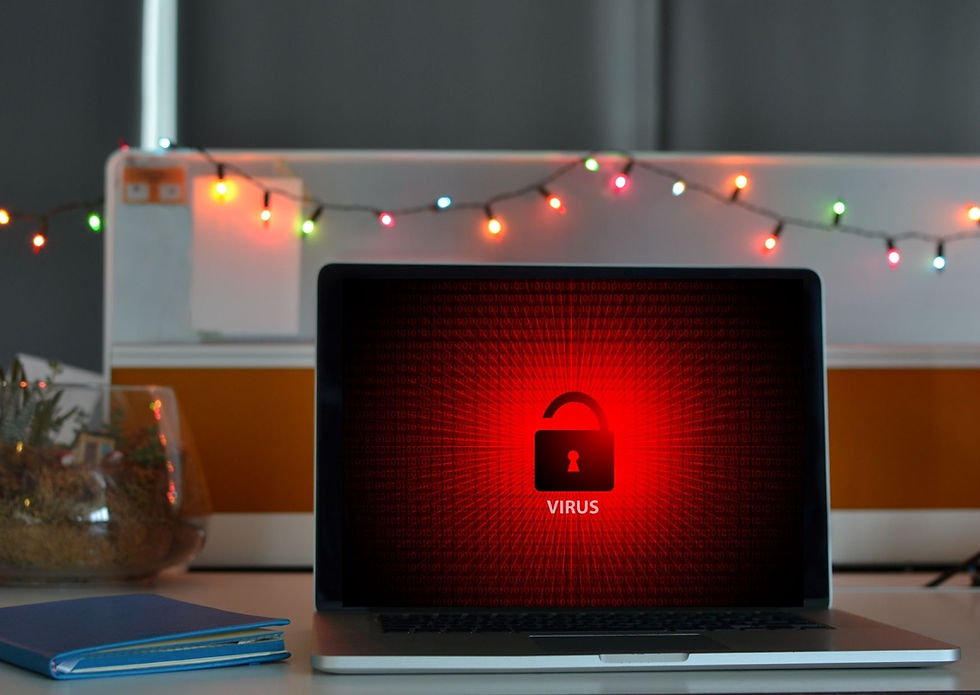The Ultimate Guide to Understanding Cyber Attacks: The 5 W's
- Alexa Hernandez

- Mar 10
- 3 min read
Why Does Understanding Cyber Attacks Matter?
Cybersecurity is no longer just a concern for large corporations—small businesses are prime targets for cyber attacks. Hackers know that many small businesses lack strong security measures, making them vulnerable to data breaches, financial fraud, and ransomware attacks. This guide will break down cyber threats in simple terms and offer practical steps to keep your business safe.

Cybercriminals come in many forms, from independent hackers to organized crime groups and even nation-states. Their motivations vary, but common reasons include financial gain, corporate espionage, political agendas, and personal revenge. Small businesses are often targeted because they are seen as low-hanging fruit—less secure than large enterprises but still valuable.

A cyberattack is any attempt to gain unauthorized access to a system or data with malicious intent. Common types of cyberattacks include:
Phishing: Fraudulent emails or messages designed to trick employees into revealing sensitive information.
Ransomware: Malware that encrypts business data and demands payment for its release.
Data Breaches: Unauthorized access to sensitive business or customer information. Each of these attacks can lead to financial loss, reputational damage, and legal consequences.

Cyberattacks can occur at any time, but criminals often strike during vulnerable moments. For example, hackers ramp up their efforts during holidays when businesses operate with reduced staff. Major global events, such as the COVID-19 pandemic, also see a spike in cyber threats as attackers exploit uncertainty and urgency.

Small businesses often have weak points that cybercriminals exploit, including:
Email Systems: Phishing attacks that trick employees into revealing passwords.
Customer Data: Hackers seek personally identifiable information (PII) for identity theft.
Financial Systems: Fraudulent transactions or unauthorized access to bank accounts. Neglecting software updates and security patches makes these areas even more vulnerable.

The primary reason cyberattacks occur is financial gain. Hackers steal and sell data, commit fraud, or demand ransom payments. Other motivations include corporate espionage, where attackers target businesses to steal trade secrets, and hacktivism, where politically motivated groups disrupt operations to make a statement.

Taking proactive steps can drastically reduce your business’s risk of cyber threats:
Keep Software Updated: Regularly patch vulnerabilities in operating systems and applications.
Train Employees: Educate staff about phishing scams, password security, and best practices.
Use Strong Security Tools: Implement firewalls, antivirus software, and multi-factor authentication.
Partner with Managed IT Services: Experts can provide continuous monitoring and threat prevention. Being proactive, rather than reactive, is key to staying secure.
Cybersecurity doesn’t have to be overwhelming. By understanding cyber threats and taking preventive measures, small businesses can protect themselves from costly and damaging attacks. Need expert help? Cloudigan IT Solutions is here to guide you in securing your business. Contact us today for a free consultation!





Comments